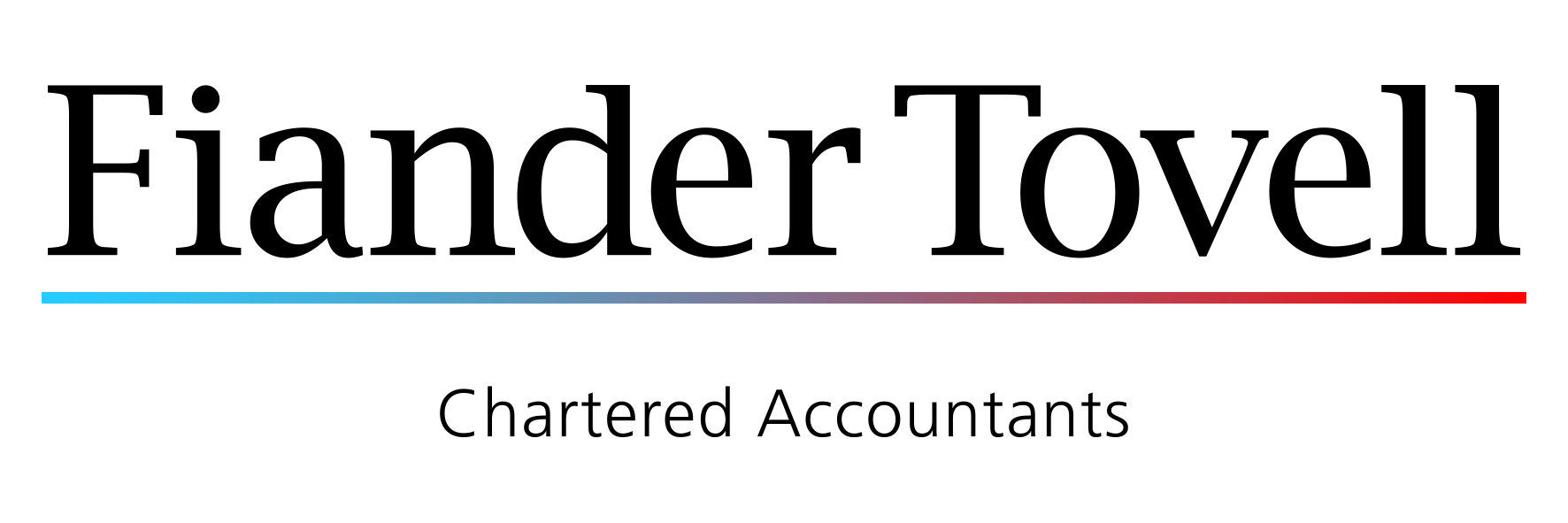The new tax year commenced on 6 April, and there are several changes to Capital Gains Tax (CGT) that have come into effect. These changes announced in the recent Autumn Budget aim to increase tax revenues and reduce the gap between CGT and income tax rates. Here’s a breakdown of what you need to know.
Increased CGT rates for individuals
Effective from 30 October 2024, the main CGT rates for disposals of assets increased, excluding residential property and carried interest. The lower rate increased from 10% to 18% and the higher rate increased from 20% to 24%.
These changes apply to gains realised on or after 30 October 2024. The CGT rates for residential property disposals remain at 18% for lower rate taxpayers and 24% for higher rate taxpayers.
For trustees and personal representatives
From 30 October 2024, the CGT rate for trustees and representatives increased from 20% to 24% and affects the taxation of gains within trusts and estates.
Business Asset Disposal Relief (BADR) and Investors’ Relief
Significant changes to BADR and Investors’ Relief are expected to be phased in over the next year:
- From 6 April 2025, the CGT rate increased from 10% to 14%
- From 6 April 2026, a further 18% increase will be made
In addition to these changes, the lifetime limit for Investors’ Relief has been reduced from £10 million to £1 million for disposals made on or after 30 October 2024 to align with the BADR limit.
Carried interest taxation
From 6 April 2025, gains from carried interest are now taxed at a unified rate of 32%, instead of between 18% and 28%. Further reforms are planned for April 2026, when carried interest will be taxed as income rather than capital gains, consequently aligning with income tax and National Insurance Contributions.
Reductions in Annual Exempt Amount (AEA)
The Annual Exempt Amount (AEA) refers to the threshold which individuals do not pay CGT. It has been significantly reduced:
- From 6 April 2024, AEA was reduced to £3,000 for individuals
- For trustees, AEA is typically half the individual amount, now £1,500
This reduction increases the likelihood that individuals and trustees will need to report and pay CGT on disposals.
How we can help
All these changes are projected to raise substantial additional revenue for the government. Individuals who are considering the disposal of assets should review their plans in light of the new CGT rates and allowance.
Need help navigating the adjustments to CGT? Talk to our expert team at Fiander Tovell for further information and guidance.

